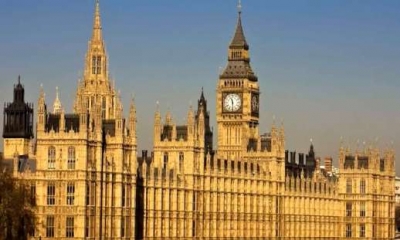
Despite his success as a scientist, Newton was at first largely inactive in the political arena. Later, he became the Member of Parliament, representing Cambridge University from 1689 to 1690. This had been the period when the Parliament enacted the Bill of Rights, which limited the power of the monarchy and laid out the rights of Parliament and individuals. However, Newton was anything but an active parliamentarian. He reportedly spoke just once and that had been to ask an usher to close a window on a chilly day!
Despite his lacklustre contributions as a parliamentarian, he became acquainted with many influential individuals including King William III and philosopher John Locke, during his time in London. Newton served a second term in the parliament from 1701 to 1702 but this time too his participation in the proceedings of Parliament was minimal.
In 1705, he was knighted by Queen Anne for his contributions to science and public service. The event was held at a lavish ceremony at Trinity College. Newton became the first scientist to be given this honour.
Picture Credit : Google

